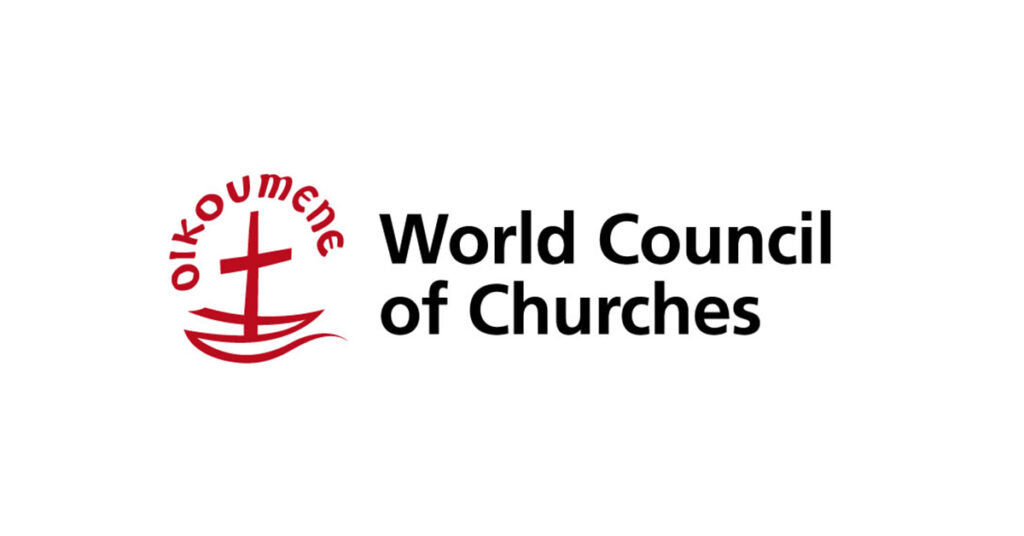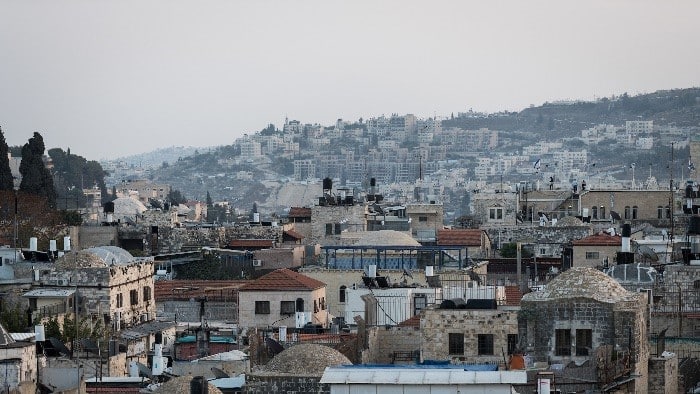As International Court of Justice hearings commence, WCC calls on “all responsible members of the international community to respect and implement the ICJ rulings”
World Council of Churches (WCC) general secretary Rev. Prof. Dr Jerry Pillay marked 11 January as a “significant moment for justice and the rule of law,” as public hearings commenced in the International Court of Justice (ICJ) on allegations against the State of Israel of violations of the 1948 Convention on the Prevention and Punishment of the Crime of Genocide.

The proceedings initiated by South Africa present a powerful account of the catastrophic impact of the ongoing Israeli military action in Gaza on the entire Palestinian civilian population of the territory, and rightfully demands an urgent adjudication by the ICJ,” said Pillay. “The World Council of Churches expects all responsible members of the international community to respect and implement the ICJ’s rulings.”
Pillay reaffirmed the WCC’s many calls for an immediate ceasefire and respect for international law. “We underscore the imperative of accountability for atrocities and crimes perpetrated against civilians,” he said.
Responding to the distressing reports of targeted assaults on civilian communities, hospitals, places of worship, and other civilian infrastructure, the WCC general secretary has been a vocal advocate for comprehensive investigations since the early stages of the conflict.
Pillay added that the WCC sees the current ICJ proceedings as a “critical opportunity” to redirect the course of events towards respect for international law, and to the path of peace.
“It is a moment to lay down arms and engage in meaningful, negotiated resolutions to the longstanding Palestine question, which has remained unresolved for over 75 years,” he said.
“In place of the prevailing injustices, the WCC’s aspiration is for a future where equality, freedom, and security are realities for all people of the region, and where human rights and the sanctity of life are respected and upheld for all, irrespective of their background or beliefs.”
Pillay concluded: “We pray that this judicial process will be a catalyst for such a transformation.”

